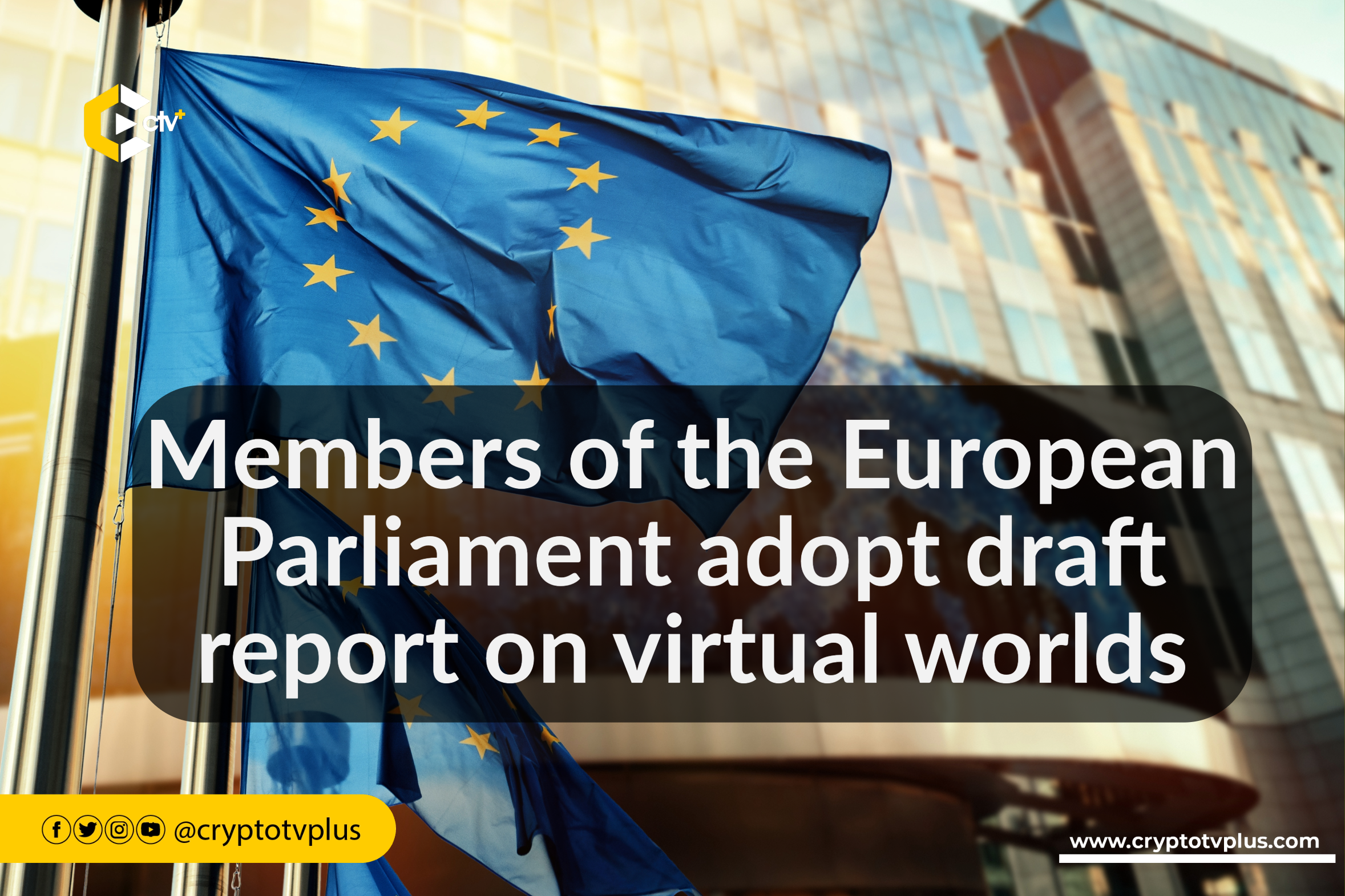News
Members of the European Parliament adopt draft report on Virtual worlds

Members of the European Parliament have adopted a report that demonstrates support for the EU taking the lead role in shaping the virtual world in a way that represents the EU values. The draft initiative report focuses on the opportunities, risks, and policy implications of virtual worlds for the single market. It was adopted with 31 votes in favor, 2 against, and 8 abstentions.
Although the Commission’s definition of Web 4.0 and virtual worlds does not include specific legislative measures, MEPs recommend continuous evaluation of existing digital rules and the implementation of new ones if necessary. However, the MEPs stated that “standalone regulation solely for virtual worlds is not yet required,” while regular regulatory checks are being conducted.
MEPs emphasized that the EU should take the lead in overseeing the development of virtual worlds that uphold its values, fundamental rights, and user protection standards. Nonetheless, they acknowledged that the current virtual worlds are primarily developed by companies located outside the EU.
Furthermore, as they urge the EU to take a leading role, Members of the European Parliament (MEPs) are calling for a system that would enhance European businesses, establish fair policies, and foster international relationships. In addition, this system should promote awareness and educate citizens about the responsible use of these technologies.
For MEPs who are exploring the potential of virtual worlds, investing in infrastructure, research, innovation, and skills is of utmost importance. These opportunities have the potential to impact the economy, generate employment, and improve education.
However, MEPs highlight that alongside these benefits, there are also risks and concerns. According to the parliament members, health issues such as addiction, cyber sickness, and sleep disturbances could arise from engaging with these technologies. Additionally, concerns related to sensitive data processing, intellectual property rights, cyber violence, financial fraud, and environmental impact were raised by MEPs.
The draft report recommends various safety measures, such as safe design, parental control, and information campaigns. It also emphasizes the need for open, inclusive, and accessible virtual worlds to cater to disabled users.
This initiative by the MEPs aims to position the EU as a leader in digital innovation. After the successful adoption of the report, Rapporteur Pablo Arias Echeverría (EPP, ES) stated, “Europe cannot afford to lag behind in the next digital revolution nor can we repeat past mistakes. As we step into Web 4.0 with the development of virtual worlds, we have to lay a foundation, rooted in strong EU digital rules, guiding principles, and values. Europe has to lead this transition, placing citizens at the heart of our digital future!”
Lastly, several amendments within the report were proposed prior to the vote in order to strike a balance between maximizing the potential benefits of virtual worlds and addressing the associated risks and challenges.
Read also;
Bitfinex’s Tether bond falls short in promised capital revolution
What do you think of this article? Share comments below.

























15 Comments